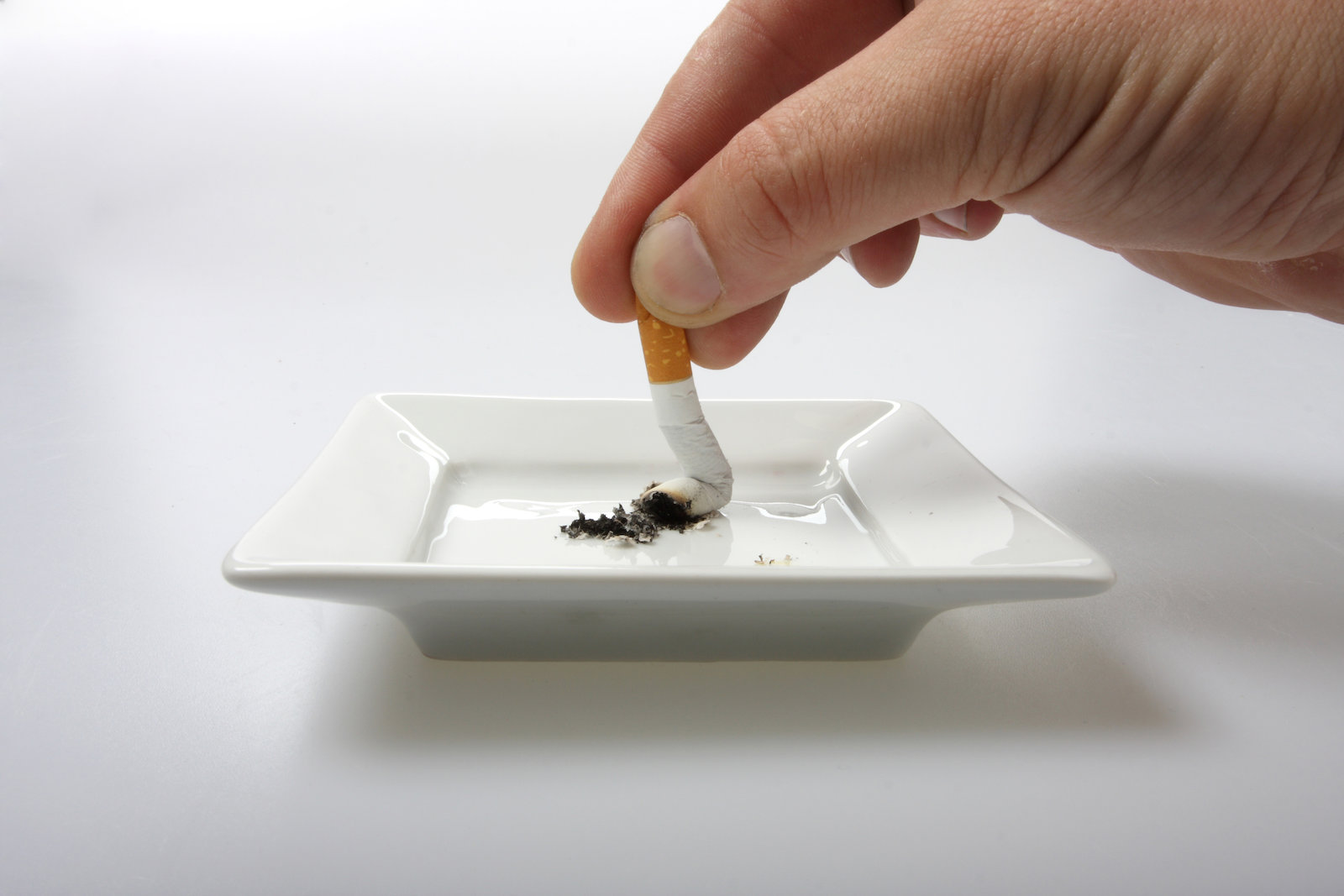When Will Bleeding After a Tooth Extraction Stop?

Bleeding is a normal symptom after a tooth extraction, but if it continues for too long then it may become more of a concern. It is helpful to understand how long bleeding should continue after tooth extraction and what to do if bleeding continues beyond what is considered normal during recovery.
What to expect after a tooth extraction
Tooth extractions are never pleasant, but the recovery process can be more tolerable by knowing what to expect and taking the proper steps to minimize symptoms. The following is an overview of what to expect after a tooth extraction, particularly as it relates to bleeding and how to control the bleeding.
Bleeding should continue for up to 24 hours
It is normal for bleeding to exist for up to 24 hours after the tooth extraction. However, the bleeding should be minimal and tolerable, and excessive bleeding that causes a major distraction or that causes major discomfort that is not tolerable is a concern. Nevertheless, minor bleeding in the area where the extraction took place is nothing to worry about as long as it is within the first day after the extraction took place.
Visit a dentist for bleeding that lasts beyond two days
If bleeding persists for more than 24 hours, then monitoring the bleeding for another day may be enough. However, if the bleeding gets worse after 24 hours, then scheduling a dental visit is likely necessary. Any minor bleeding that continues for more than two days requires a dental visit to ensure there are no concerns that need additional dental service. If there is ever a concern with the amount or length time of the bleeding, consult with a dentist.
Additional tips for tooth extraction aftercare
The dentist may provide gauze to allow the clot to form properly after an extraction. Be sure to leave the gauze in for several hours, and then continually change the gauze to keep the affected area as clean as possible. Additionally, avoid any actions that may irritate the area, such as brushing the area, consistently rinsing the mouth or touching the area.
To control the pain, take pain medications as recommended by the dentist and use a cold compress several times a day. Patients should also avoid tobacco and alcohol use during recovery and try to get as much rest as possible for the first 24 to 48 hours. Additionally, it is strongly encouraged to eat a diet of soft foods that contain little to no sugar until the mouth has made a full recovery following the extraction.
Reach out today
Recovering from a tooth extraction is relatively simple. However, if there is persistent bleeding after 24 hours, it is necessary to see the dentist for an evaluation. Bleeding could indicate a serious problem that should not be ignored. Nonetheless, it is important to remain calm and collected until getting to the dentist. To learn more or to ask questions, reach out today!
Request an appointment here: https://www.stgeorgedentalcare.com or call St. George Dental Care at (435) 628-9099 for an appointment in our St George office.
Check out what others are saying about our services on Yelp: Read our Yelp reviews.
Recent Posts
At St. George Dental Care, we are committed to providing quality healthcare to families in Southern Utah. A crucial part of our mission is educating patients on how lifestyle choices impact their oral health. One of the most significant factors is smoking. Did you know that smokers are twice as likely to have periodontal disease…
A healthy smile is a vital part of your overall well-being, no matter your age. For seniors, maintaining good oral health can significantly impact quality of life, from enjoying your favorite foods to speaking and smiling with confidence. However, aging can bring unique dental challenges that require specific attention and care.Understanding these common issues is…
Vaping has surged in popularity over the last decade, often viewed as a safer alternative to traditional smoking. With their vibrant colors and enticing flavors, e-cigarettes have attracted millions of users. But as their use becomes more widespread, important questions about their long-term health effects arise. One of the most common concerns we hear as…
Winter brings crisp air, cozy sweaters, and for many, an unexpected jolt of pain when sipping hot cocoa or stepping outside. If you've ever winced from a sudden zing in your teeth during the colder months, you're not alone. Winter tooth sensitivity affects millions of people and can turn simple pleasures into uncomfortable experiences.The good…


